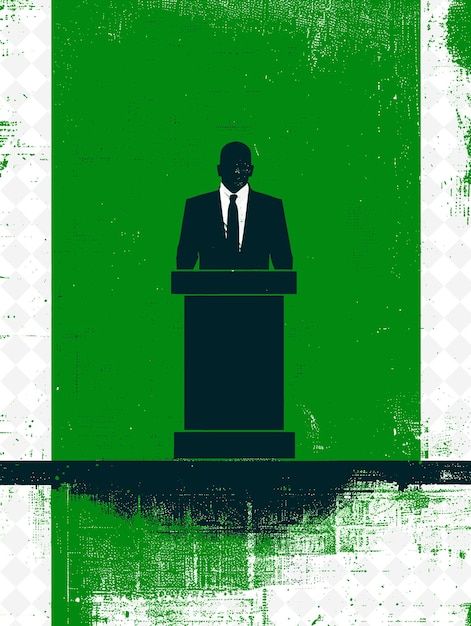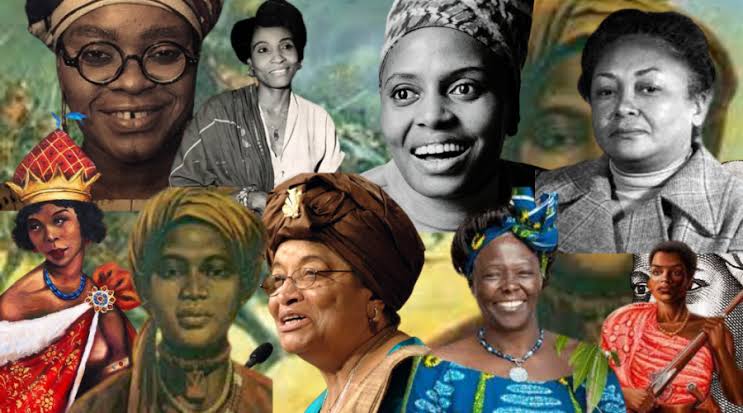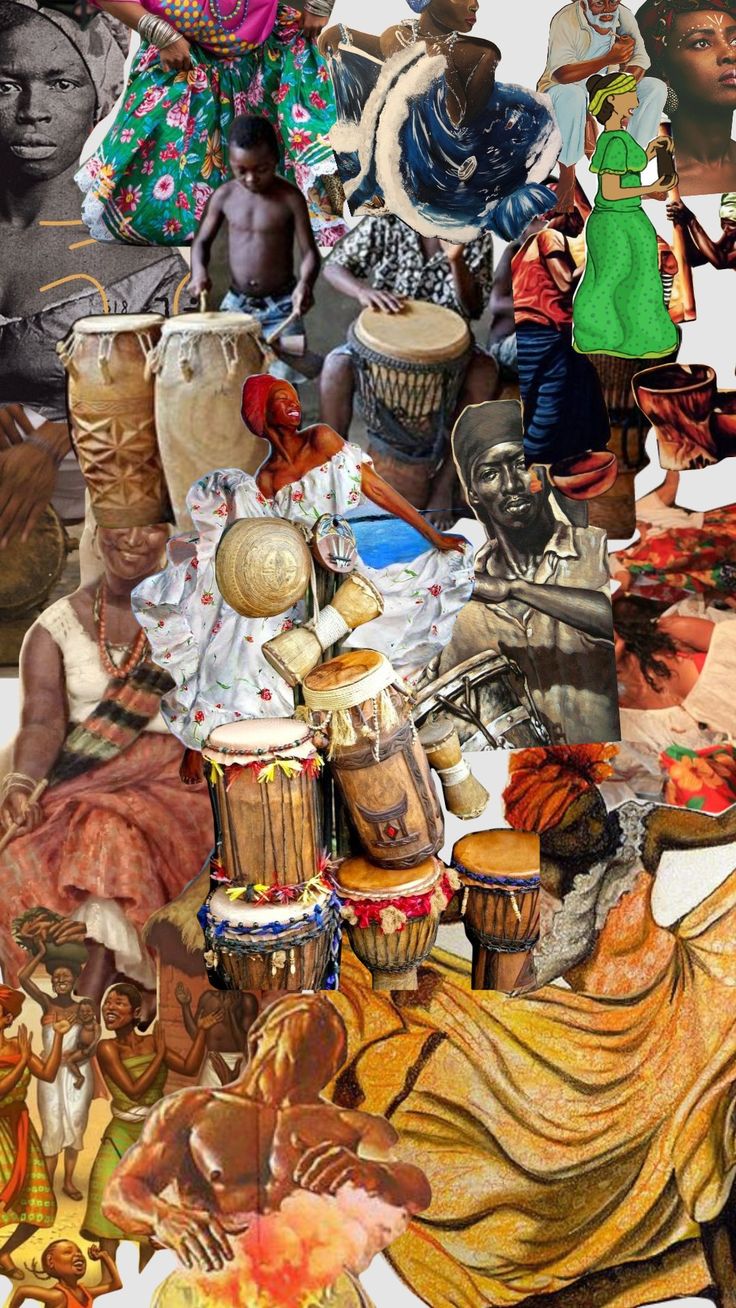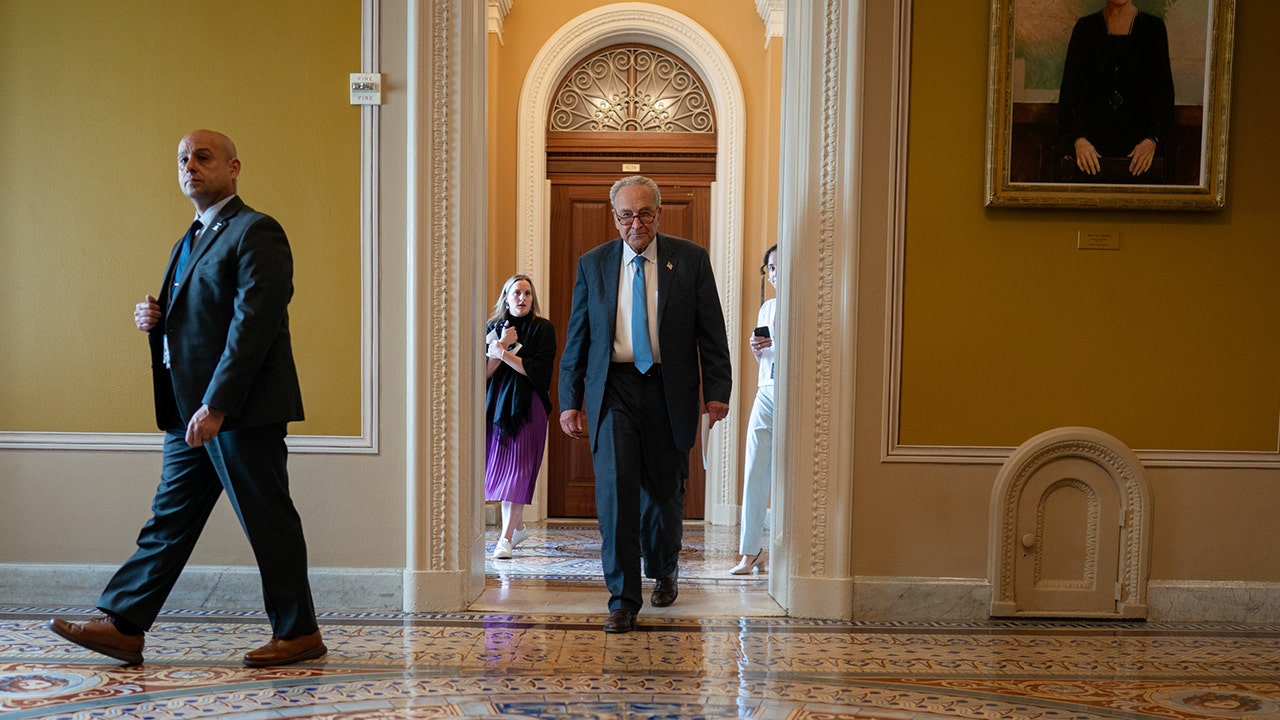Fix ethics in era of TV 'analysts' and 'experts'

This week, I’m writing from the UN headquarters in Vienna, where I participated in panel discussion on the unfolding ‘tragedy’ of misinformation and disinformation in the digital age.
This was during a stakeholder engagement for nuclear power programmes convened by the International Atomic Energy Agency (IAEA), with 600 attendees from 80 countries. Titled ‘All smoke, no fire,’ our panel explored the tools and strategies to uphold the integrity of communication. Key issues included mitigating public anxiety, building trust and appreciating risks and benefits of Artificial Intelligence and new media.
What has changed and what are the lessons? Mr Robert Stone, the director of the 2013 documentary ‘Pandora’s Promise’ filmed in Chernobyl and Fukushima, offered a compelling analysis of the do’s and don’ts in enabling public and strategic communications evolve for the better.
In my own world as a journalist and media scholar, this was a moment of deep reflection. Just two weeks ago, I attended the annual summit of the Media Council of Kenya (MCK) in Nairobi, where a media status report was presented, and many of these same issues came up.
Let me discuss the MCK report, its import and what the media industry must do to maintain its appeal. But first, the takeaways: Journalists are resilient despite challenges to their welfare, press freedom threats, rise in fakes, technological disruptions and the changing audience behaviour.
There was the verdict that the media performed well in covering last year’s Gen-Z protests. The streak of excellence extended across all news beats, with several journalists being feted for their impactful and life-changing stories during AJEA 2025, held alongside the summit.
A panel moderated by seasoned editor Denis Galava discussed public interest against serving what interests the public. When feedback time came, ICT Cabinet Secretary William Kabogo recounted how he was ‘misquoted’ on threats to shut down social media. He claimed some ‘stinging’ headlines were being authored elsewhere then sent to editors.
Some reason to be optimistic? Trust in the media rose in 2024. Usually, trust comes on foot but leaves on the horseback! Television polled the leading source of news at 26 per cent, followed by social media (24 per cent) and radio at 23 per cent. Then MCK unveiled a revised ethics code.
Here now is my two-cents. First, newsrooms must take up pure self-regulation. We must ask; how can statutory regulators enforce journalistic discipline effusively when they are the ‘big brother who doesn’t sit in meetings where important editorial decisions are made? While MCK provides an ethical framework, journalists themselves must reawaken their own accountability.
Mexico has no press regulator yet boasts the highest concentration of thriving newspapers in northern America. Lesson? Newsrooms can cultivate internal accountability by making journalists their own prefects. Official or even state regulation with no self-regulation is a zero-some game. Secondly, newsrooms must defy style books and output rules that don’t serve new realities. Ethics that have yoked journalists at the expense of public good must be rejected. Today, journalists deserve freedom to editorialise news and ask hard questions around social injustices.
Let’s thank MCK for the new code. However, it should frequently relook these tenets like fairness. The splash ‘Name the abductors’ on May 14 in The Standard, showed how an outlet can constructively be ‘biased’ by taking a pro-Wanjiku stand on an issue and running with it.
Third, it’s time to bring back public editors and engage more in peer reviews. The ‘balance’ gospel can mislead rather than inform. My fourth concern is news avoidance. Many Kenyans skip TV news because it’s repetitive and negative.
The new avoidance doom partly stems from overreliance on same ‘experts’ and ‘analysts’ on set. Some will ‘analyse’ everything from dawn to dusk across all major stations to the detriment of informed discourse. Something has to give way. The Fourth Estate has powers entrusted on it by the people. But its future depends on how best it can engage in self-regulation.
Stay informed. Subscribe to our newsletter
You may also like...
POLITICS:SHOULD POLITICIANS EARN THE MINIMUM WAGE?

What if your president earned the same as a teacher? This bold essay explores the growing divide between political elite...
Erased or Ignored? The Forgotten Female Heroes of African History”

Discover the untold stories of Africa’s forgotten female heroes—from warrior queens and resistance leaders to spiritual ...
Africa's Growth Paradox: Why Booming Economies Aren't Delivering Jobs for Its Youth Majority

Africa's GDP is rising, but youth unemployment persists. Uncover the disconnect between economic growth and job creation...
Emotional Blackmail in African Homes: Love, Guilt, and Obedience

Explore how emotional blackmail shapes relationships in African homes—where love is often tangled with guilt, obedience,...
SOCIAL INSIGHT: IS MARRIAGE STILL RELEVANT IN THE 21ST CENTURY?

Once seen as the ultimate milestone of adulthood, marriage is now being questioned, redefined, and reimagined. This essa...
Urban African Youth and the Rebirth of Cultural Identity

Urban African youth are redefining cultural identity through music, fashion, technology, and activism. From Kenya to Sou...
What Happens to African Girls Who Say No?
(3).jpeg)
Explore the struggles and resilience of African girls who dare to say no to forced marriage, gender-based violence, and ...
The African Dream Is Still to Leave Africa

For many young Africans, the dream isn’t to build Africa — it’s to leave it. This piece explores why the African Dream o...


